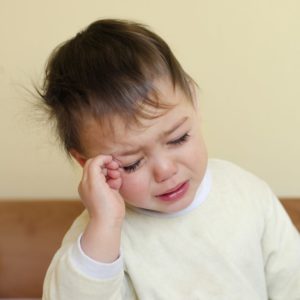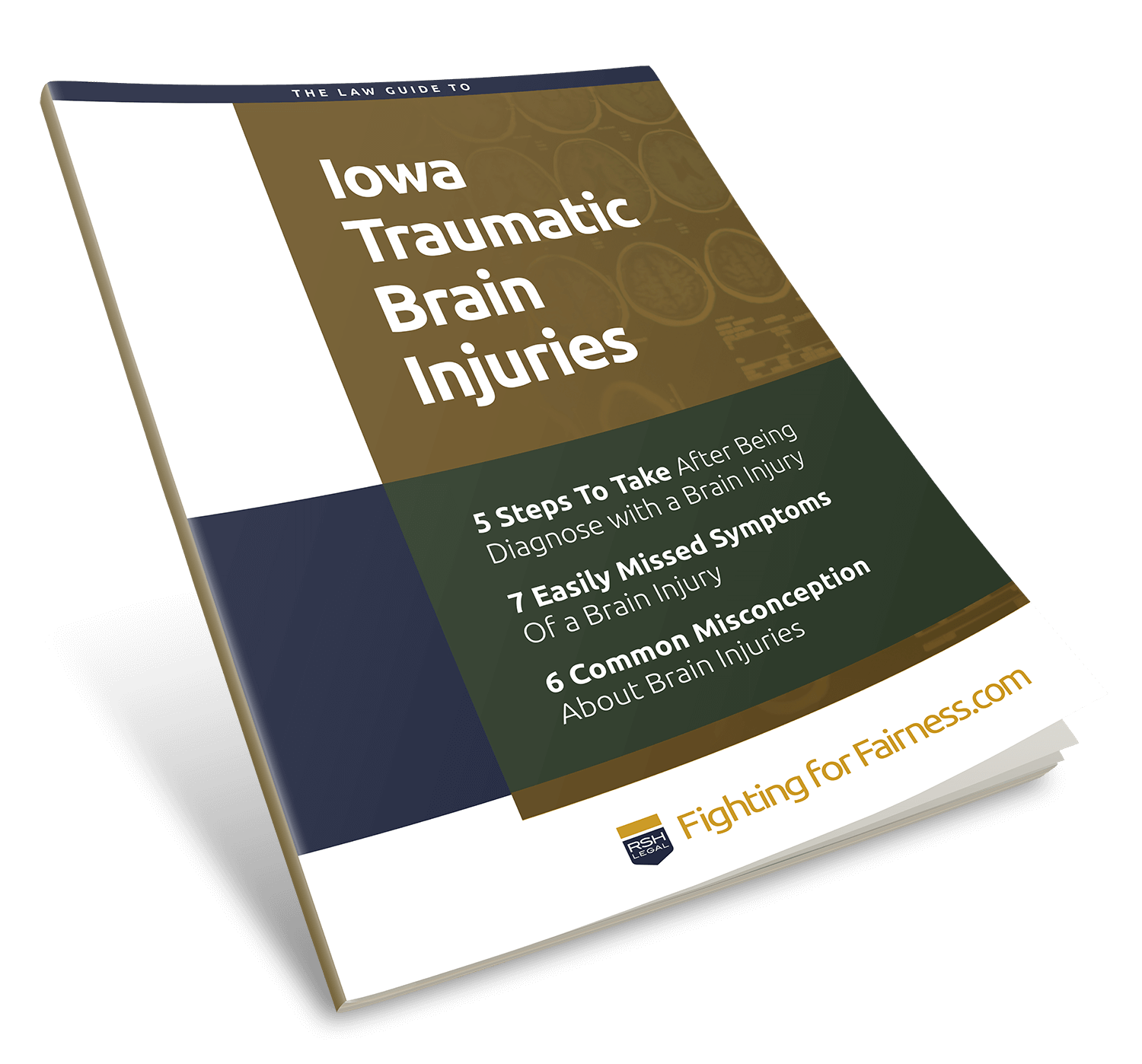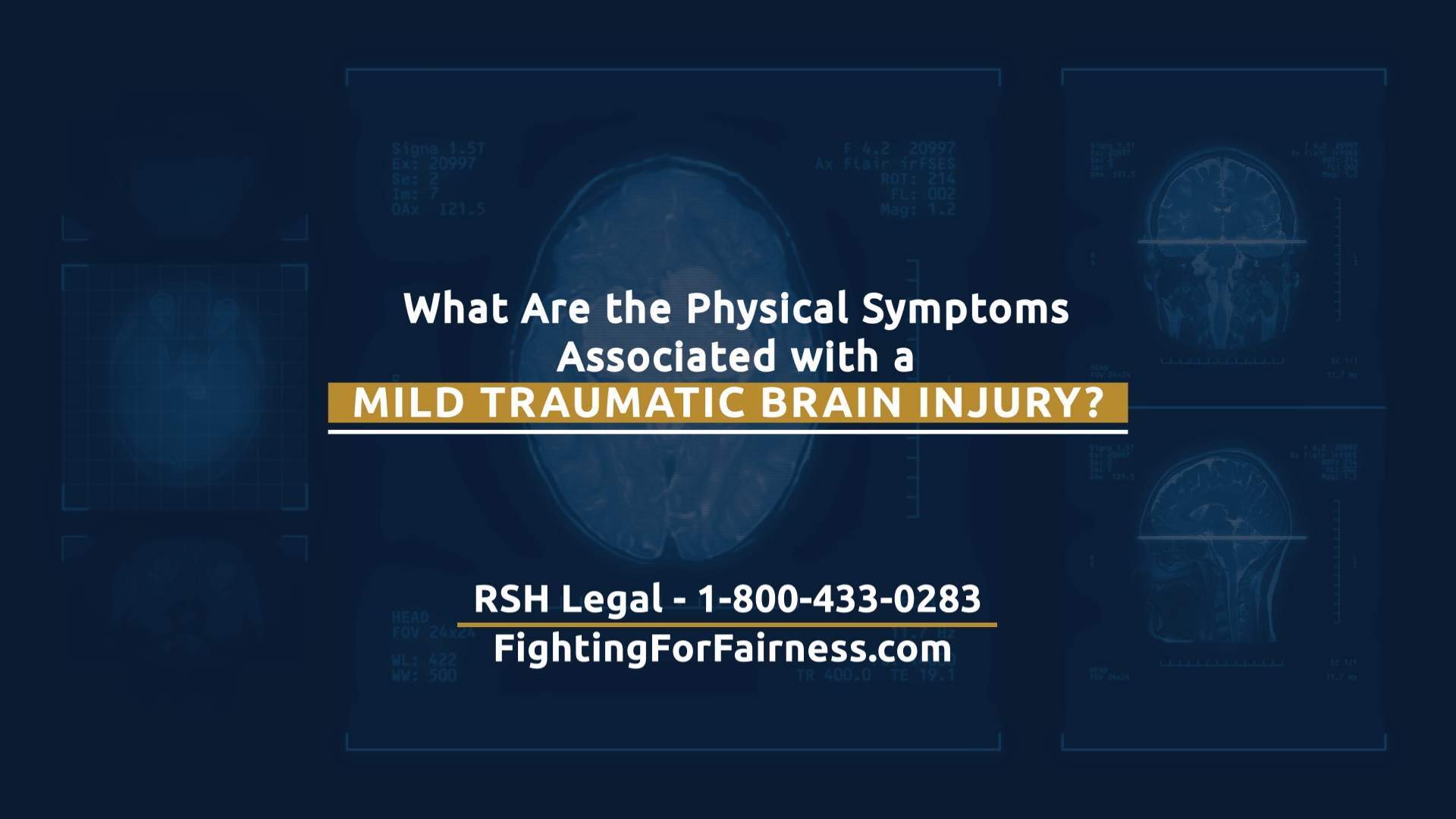
1. Two Age Groups Are More Likely to Sustain Head Injuries
Head injuries are common in kids of all ages, especially during falls. According to the CDC, children from 0-4 years and teenagers from 15-19 years are the most likely to have an emergency room visit after a head injury. Young children are just learning to crawl and walk, and have difficulty with balance and the movement of their bodies. They are also likely to run into each other on the playground or fall off of their bike because of coordination issues.
Teenagers, on the other hand, are far more likely to get head injuries from playing school sports. Concussions are a common occurrence among student athletes. While obviously a concern in contact sports like football and hockey, head injuries also occur in soccer, basketball, and gymnastics. Any child athlete should be monitored for concussion symptoms if they have received a blow to the head.
It is important for children engaging in athletics to know they can sustain a head injury even when wearing a helmet. Helmets can actually provide a false sense of security, possibly increasing the likelihood of injury because the child incorrectly believes they are protected. Talk to your children about the need to protect their head even when they are wearing helmets.
2. Head Injuries Can Contribute to Developmental Delays
Head injuries are particularly troubling in children because their brains are still developing. Head injuries in children can have long-term effects, some of which scientists are still studying. Some effects of a brain injury may not show up immediately, but will appear later in life. Both physical delays and cognitive issues can arise later in your child’s development, leading to issues in school or personal relationships. Learning impairments, behavior issues, and difficulty socializing with others can all be symptoms of an old brain injury.
If your child has suffered a brain injury, be sure to speak with your doctor. Any developmental problems that appear in the future may be linked to head injuries in the past.
3. When to Worry About Head Injuries
No matter what your child’s age, head injuries can be frightening. While most injuries don’t need a doctor, the CDC recommends that any child who experiences any of these signs should be examined by a physician as soon as possible:
- Appears dazed or stunned
- Moves clumsily
- Responds slowly to questions
- Can’t recall what happened before or after the fall
- Lost consciousness (even briefly)
- Headache
- Nausea or vomiting
- Confusion
If you’re unsure whether to take your child to the doctor, err on the side of caution. It is better to be safe than sorry with head injuries.
Head injuries take a while to heal, so time away from school and sports may be necessary. Talk to your child’s doctor about a treatment plan. Do not allow your child to return to any sport without being cleared by the doctor first.
If your child has suffered a head injury because of someone else’s negligence, call RSH Legal’s personal injury lawyers at 1-319-774-1542.




